- Incident Response
Incident Response
When you experience a breach, time is crucial. Our 24/7 Security Operations Center responds immediately with precision to eliminate the threat and restore operations.

- ShadowSpear (24/7 SOC)
ShadowSpear® (24/7 SOC)
ShadowSpear® is an unparalleled resource that defends your organizations against advanced cyber threats and attacks 24/7/365.

- Advisory Services
- Risk Assessments
- Vulnerability Assessments
- Security Program Development
- Adversary Services
- Threat Hunting
Advisory Services
Your organization has cybersecurity weaknesses and vulnerabilities you don’t yet even know about. They need to be found and found immediately. If you don’t someone else will.






- Industries



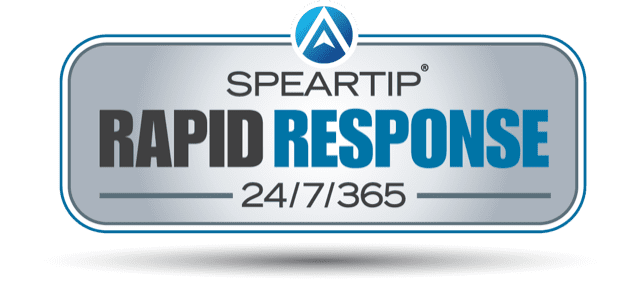





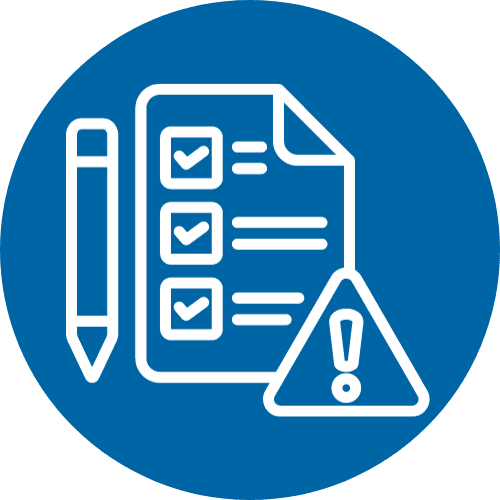
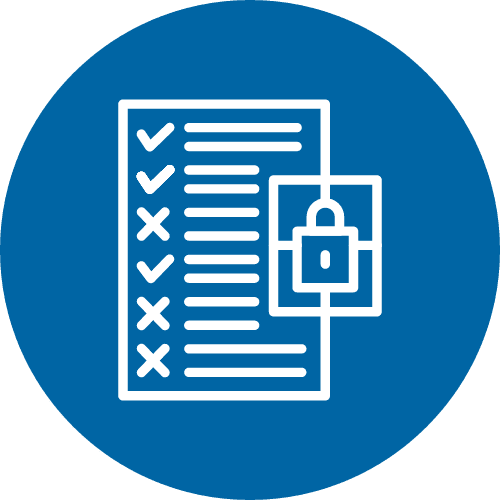

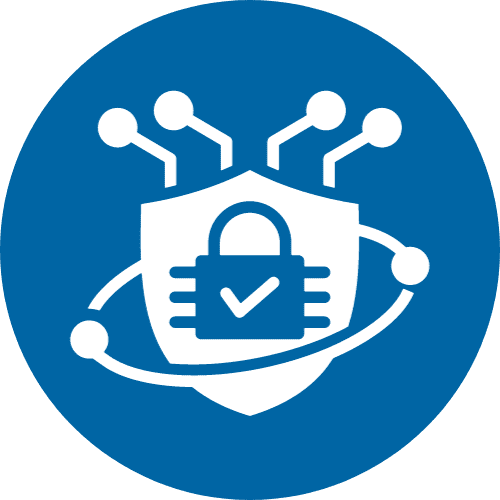
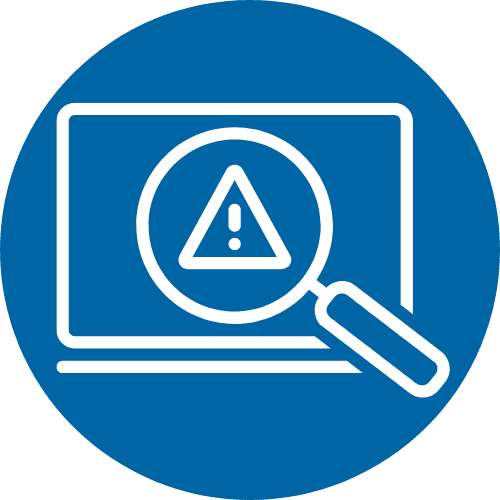






 SpearTip collects key information related to the engagement.
SpearTip collects key information related to the engagement. SpearTip reviews the information collected during discovery to develop interview questions and request additional documentation.
SpearTip reviews the information collected during discovery to develop interview questions and request additional documentation. SpearTip meets with key individuals inside the organization. Interviews allow SpearTip to both collect new information and validate information already collected.
SpearTip meets with key individuals inside the organization. Interviews allow SpearTip to both collect new information and validate information already collected. SpearTip analyzes collected documents, data, interview results, and all other information and begins to formulate findings and opinions.
SpearTip analyzes collected documents, data, interview results, and all other information and begins to formulate findings and opinions. SpearTip clarifies received information and analysis to prepare for the final preparation of the deliverables.
SpearTip clarifies received information and analysis to prepare for the final preparation of the deliverables. Finalized deliverables are presented to and reviewed with the client.
Finalized deliverables are presented to and reviewed with the client. The client provides feedback and ask questions about the deliverables and findings of the engagement.
The client provides feedback and ask questions about the deliverables and findings of the engagement.
